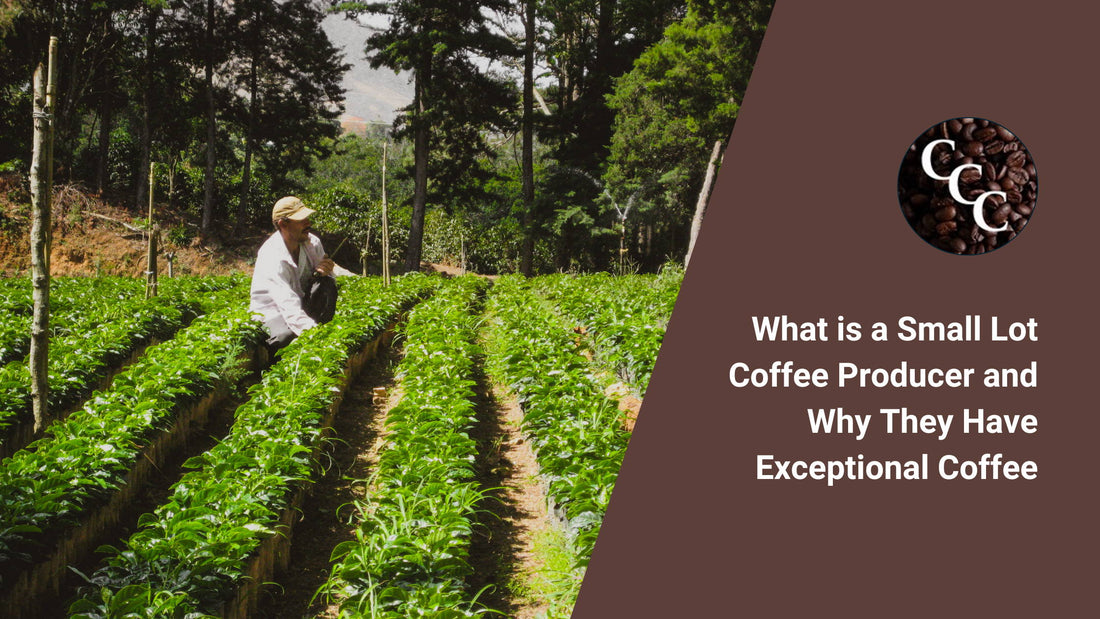The term ‘small lot coffee producer" has become synonymous with exceptional quality and unique flavour profiles. But what exactly does it mean, and why are these producers celebrated for their coffee? This article will delve into the concept of small lot coffee production, exploring the practices that set these producers apart and the reasons why their coffee stands out in a crowded market.
Sections of this article:
- Understanding Small Lot Coffee Production
- Why Small Lot Coffee is Exceptional
- The Impact of Small Lot Coffee on the Industry
- How to Find and Enjoy Small Lot Coffee
- Conclusion
- Small Lot Coffee Production FAQs




